Legal or illegal ?
Hemp or marijuana?
Both derive from the Cannabis sativa plant,
which breeds thousands of different varieties of cannabis. At first glance
there is no difference, it is the chemical
composition that sets them apart. Basically, hemp has a very low THC content,
less than 0.2% in Europe. Marijuana has a high THC content, emphasizing
psychoactive effects and making it illegal in many countries around the world.
So is CBD legal?
CBD is legal in most European countries, with due restrictions and limitations. EU's Regulation (EU) 2015/2283 classifies CBD as a novel food (foods not used in the Union before May 15th, 1997). Generally, hemp with 0.2% THC or less is completely legal in most of Europe. Switzerland allows CBD products with less than 1% THC. There are some exceptions, France, for example, only permits products containing 0% THC. Countries are constantly changing laws, which is why we strongly recommend that you inquire with official institutions.
What are the possible side effects of CBD?
A range of studies have concluded that CBD is safe and
non-toxic.
CBD is well tolerated by the majority of the population,
with zero or minimal side effects, in therapeutic doses. Like all compounds,
ingesting high doses or be very sensitive to the substance can lead to side
effects and some people may experience: drowsiness, decreased blood pressure, diarrhea,
dry mouth, changes in appetite and more.
If you’re taking CBD together with other
medications, you should always exercise caution. Typically, the CBD is
considered safe, but there are conditions where interactions may occur or
increasing the side effects of your medicine. If you have any doubts about it,
ask your doctor, he will be able to give you the correct answers.
While there is evidence to advise against the use of THC during pregnancy and breastfeeding, there is not much literature on CBD. Therefore, as a precaution, we recommend avoiding the use of CBD products or discussing about it with your doctor.
How do you consume CBD?
There are several ways to take a dose of CBD. The methods
vary according to the product and the effect we want to achieve.
- Sublingually, leaving the product to act for one or two
minutes before ingesting it
- Orally, pure or added to tasty recipes
- By inhalation, ideal for dabbing, vaped or mixed with
tobacco
- Topically, in the form of a cream, for a local action
Try and find the best method for you!
All the plants are organically grown and are free of any pesticides and herbicides. We strongly believe in the quality and purity of products so important for human health. So even cooking with CBD is entirely safe. In fact, using CBD in your recipes can help you to increase the bioavailability of the drug, upping the absorption rate and make you feel the full benefit. Just remember to avoid hight temperatures while you are cooking and store it a dark and cool place.
What is CBD and what are the cannabinoids?
CBD, short for cannabidiol, is one of the 113 phytocannabinoids contained in Cannabis Sativa plants. It has no psychoactive effects and is the main therapeutic agent of the plant studied in recent years. Its popularity is due to the large number of published clinical studies that suggest promising applications in many conditions and diseases.
Cannabinoids are a big group of active chemical compounds found naturally within both the human body and the cannabis plant. When derived from the plant, we call them phytocannabinoids. When derived from the human body, we refer to them as endo-cannabinoids.
THC, short for tetrahydrocannabinol, is another important compound found in cannabis plants. THC is what gives marijuana its psychoactive properties, making you feel “high”. Our plants and products contain a THC percentage lower than 0.20%, a practically negligible quantity. Although it has a chemical structure very similar to CBD, the effects are very different, making it part of the illegal substances tables in many countries of the world.
The properties of CBD have been investigated in recent years, with excellent results. CBD is used against anxiety, as an excellent substitute for benzodiazepines; and insomnia, promoting sleep induction and maintenance. Studies have shown the decrease in chronic pain, a condition always difficult to treat, and an anti-inflammatory effect. The evidences suggest an antiemetic ability, with a focus on nausea caused by anticancer treatments. A drug for children epilepsy containing CBD has also recently been approved in Europe, an amazing result. In addition, anticancer and antidepressant effects are being studied. The road is still long, but the results are promising in many fields!
